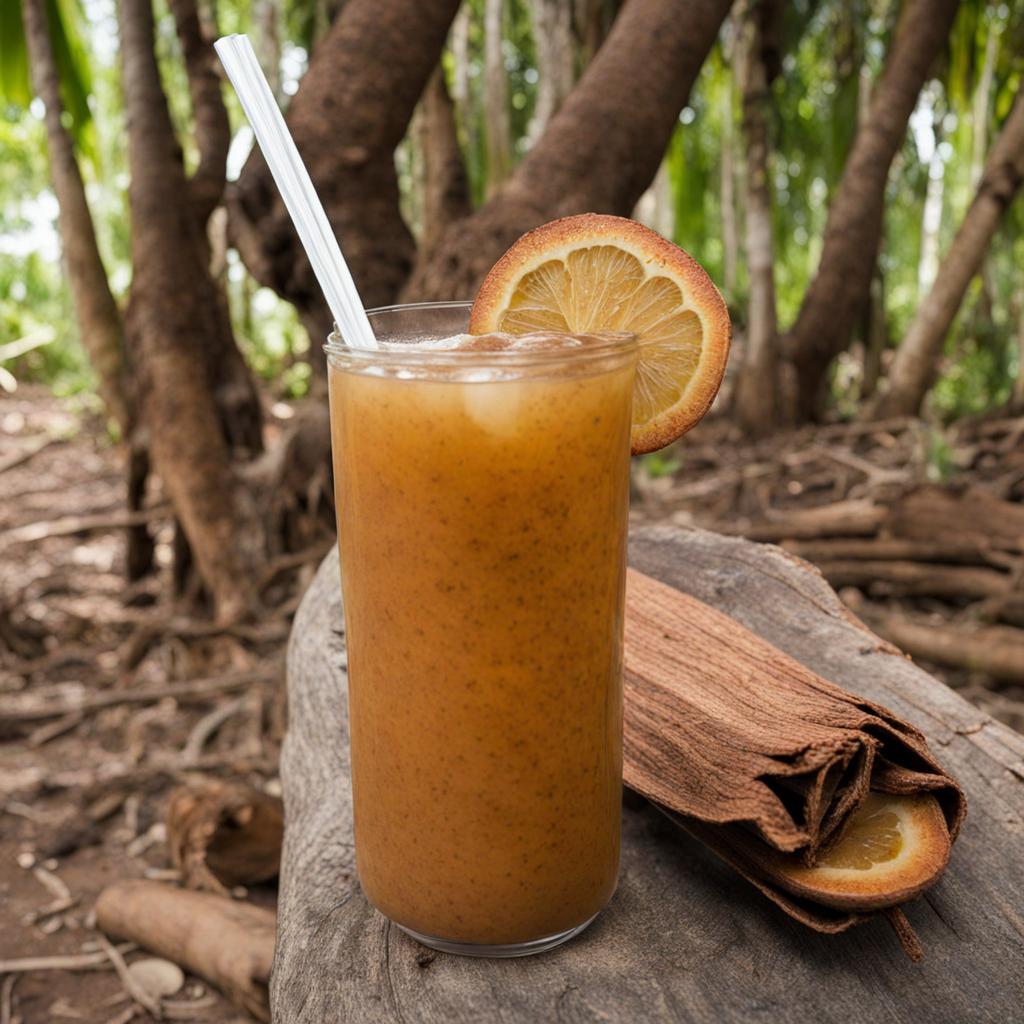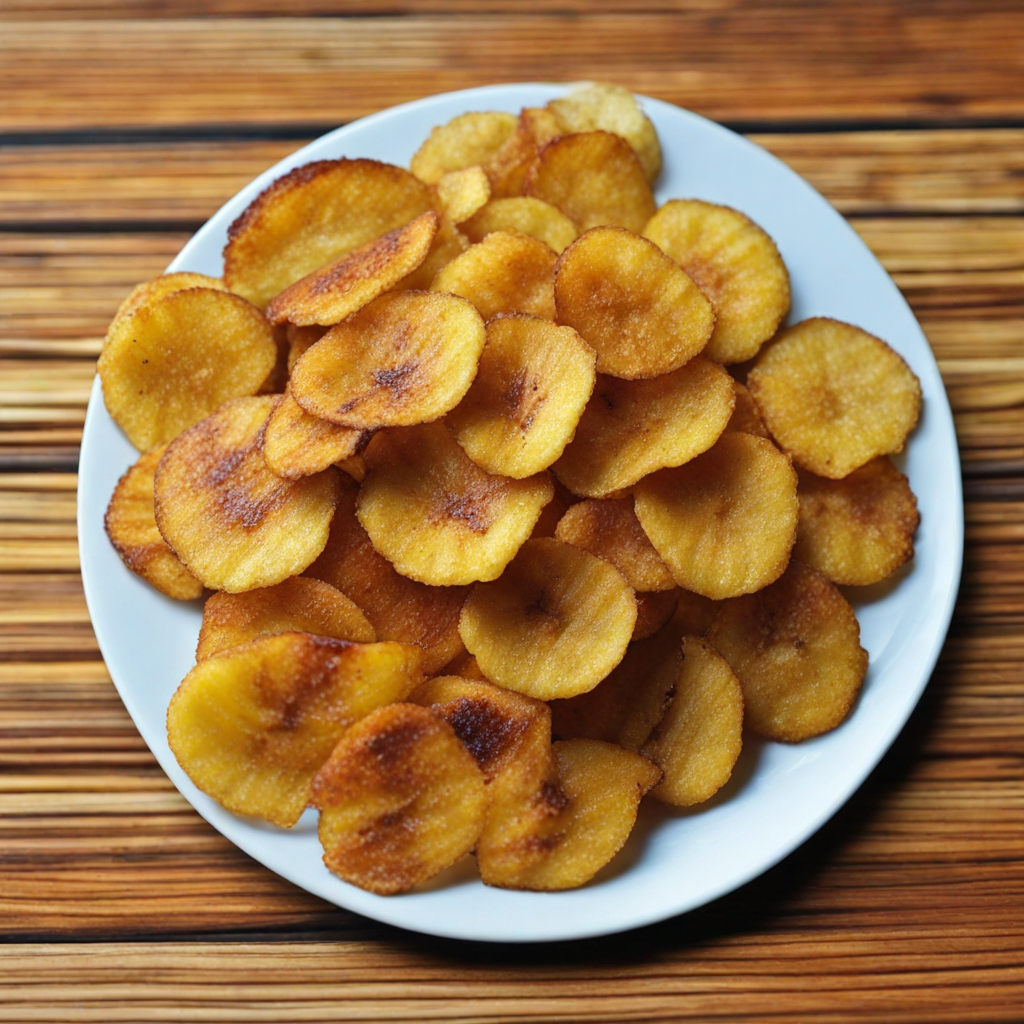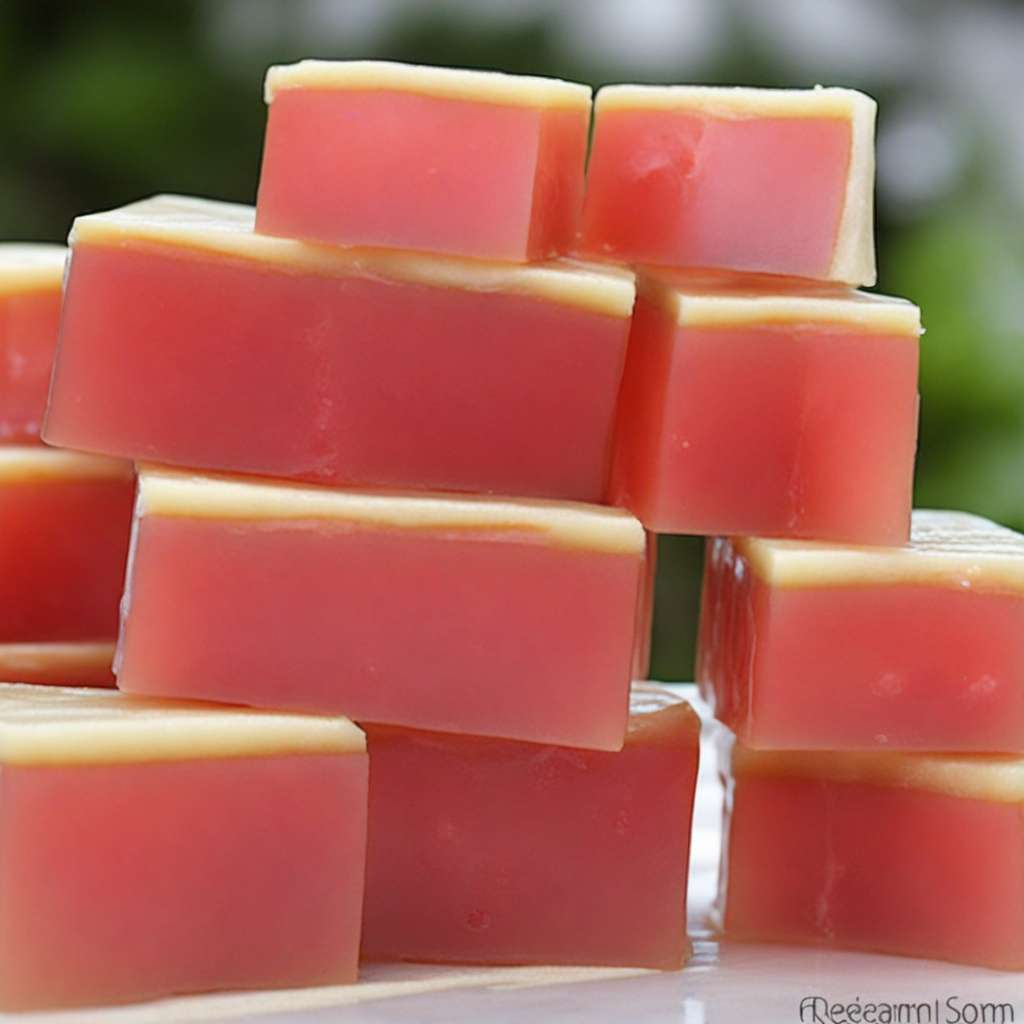Mauby
Mauby is a traditional beverage originating from the Caribbean, particularly popular in Guyana. It is made from the bark of the Mauby tree, which is boiled and then sweetened with sugar and flavored with a blend of spices. The result is a drink that balances bitterness and sweetness, offering a unique flavor profile that is both refreshing and complex. The addition of spices such as anise, cinnamon, and nutmeg enhances its aromatic qualities, making it an ideal complement to the tropical climate of Guyana. The preparation of Mauby is a labor of love, often involving the meticulous extraction of flavors from the bark. Once the bark is boiled, it is typically strained to remove any solids, leaving behind a rich, dark liquid. This beverage is often served chilled and can be enjoyed on its own or mixed with other drinks for an invigorating twist. Its slightly bitter taste might take some getting used to, but many find it refreshing and invigorating, especially when served over ice on a hot day. Mauby is not just a drink; it carries cultural significance in Guyanese society and is often associated with family gatherings and celebrations. It is considered a home remedy for various ailments, believed to have digestive benefits. As you explore this beverage, you’ll find that its unique combination of flavors and cultural roots makes it a delightful discovery, inviting you to savor the essence of Guyanese culinary traditions.
How It Became This Dish
The History of Mauby: A Refreshing Sip of Guyanese Heritage Mauby, a traditional beverage originating from the Caribbean, particularly popular in Guyana, is a drink that embodies the rich cultural tapestry of the region. Made from the bark of the Mauby tree (Colubrina elliptica), this beverage is often sweetened and flavored with spices, creating a unique and refreshing drink that has been enjoyed for generations. To understand Mauby is to explore the history, cultural significance, and evolution of this beloved beverage within the context of Guyanese society. #### Origins of Mauby The roots of Mauby can be traced back to the indigenous peoples of the Caribbean, who were among the first to utilize local flora for culinary and medicinal purposes. The Mauby tree, known for its distinctively aromatic bark, was a key element in their traditional practices. The indigenous communities recognized the health benefits of the Mauby bark, which was believed to aid digestion and act as a tonic. With the arrival of European colonizers in the Caribbean during the 15th and 16th centuries, the region's culinary landscape began to shift. The introduction of new ingredients and cooking techniques had a profound impact on local traditions. The colonizers, particularly the Spanish and the British, encountered Mauby and began to incorporate it into their own diets. This blending of cultures led to the evolution of Mauby, transitioning from a medicinal brew to a popular refreshment enjoyed by all social classes. #### Cultural Significance In Guyana, Mauby is more than just a drink; it is a symbol of cultural identity and heritage. The beverage is often associated with family gatherings, celebrations, and social events. It is common to find Mauby served at weddings, festivals, and holiday feasts, embodying the spirit of togetherness and community. The drink’s popularity spans across various ethnic groups in Guyana, including Afro-Guyanese, Indo-Guyanese, and Amerindian communities, showcasing its role as a unifying element in a diverse society. Mauby is not only a beverage but also a vessel for storytelling and memory. Elders often recount tales of how they learned to prepare it from their parents or grandparents, reinforcing the importance of tradition and oral history in Guyanese culture. The drink is often served in households as a rite of passage for younger generations, teaching them the skills of preparation and the significance behind the ingredients. #### Development Over Time The preparation of Mauby has evolved over the years, adapting to changing tastes and societal influences. Traditionally, the bark of the Mauby tree would be boiled with water and then sweetened with sugar or honey. Spices such as cinnamon, cloves, and anise were often added to enhance the flavor, providing a complexity that is characteristic of Caribbean cuisine. The drink is typically served chilled, making it a refreshing choice in the tropical climate of Guyana. With the passage of time, the methods of preparation have diversified. In modern times, many people opt for convenience, purchasing pre-packaged Mauby concentrate from local markets. This shift has allowed for greater accessibility to the drink, but it has also sparked debates about authenticity versus convenience. Traditionalists argue that the essence of Mauby lies in its homemade preparation, where the flavors can be carefully balanced to suit individual preferences. The commercialization of Mauby has also led to the emergence of various brands and products, which have introduced new flavors and variations. Some manufacturers have experimented with additional ingredients, such as fruit juices or herbal extracts, to attract a wider audience. While these innovations bring a fresh twist to the beverage, they also challenge the traditional definitions of what Mauby should be, leading to conversations about cultural preservation in an increasingly globalized world. #### Mauby in Contemporary Guyanese Society Today, Mauby continues to hold a significant place in Guyanese society. It is not only a staple drink in households but also a popular choice at restaurants and bars. The beverage has found its way into the diaspora, with Guyanese communities abroad embracing Mauby as a way to connect with their cultural heritage. It serves as a nostalgic reminder of home for many expatriates, providing comfort and familiarity in foreign lands. Social media has played a pivotal role in the resurgence of interest in traditional foods like Mauby. Platforms such as Instagram and Facebook have become avenues for sharing recipes, experiences, and cultural insights. Young Guyanese are increasingly taking to these platforms to showcase their culinary heritage, often putting their own spin on traditional recipes. This digital age has allowed for a revival of interest in Mauby, with both older generations teaching younger ones and new generations reinterpreting the drink for contemporary audiences. Moreover, the health-conscious trend has led many to rediscover Mauby's potential benefits. Research into the medicinal properties of the Mauby bark has gained traction, highlighting its antioxidant and anti-inflammatory properties. This has sparked renewed interest in the drink as a natural remedy, further embedding it into the narrative of health and wellness within the Guyanese community. #### Conclusion Mauby is more than just a drink; it is a rich symbol of Guyanese culture, history, and identity. From its indigenous origins to its modern-day adaptations, Mauby has evolved while remaining a cherished part of the Caribbean culinary landscape. It reflects the resilience and creativity of a people who have embraced their heritage and adapted to the changing tides of history. As Guyana continues to celebrate its diverse cultural heritage, Mauby stands as a testament to the power of food in forging connections across generations and communities. Whether enjoyed at a family gathering, a festive celebration, or simply on a hot afternoon, Mauby is a refreshing reminder of the flavors and stories that shape the identity of a nation. Through each sip, one not only tastes the essence of the beverage but also the rich history and culture that it represents, ensuring that the legacy of Mauby will endure for generations to come.
You may like
Discover local flavors from Guyana







